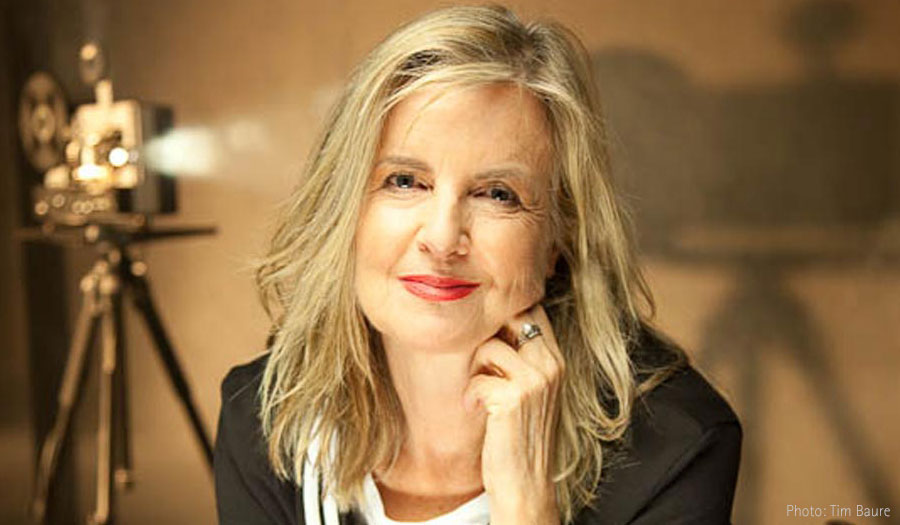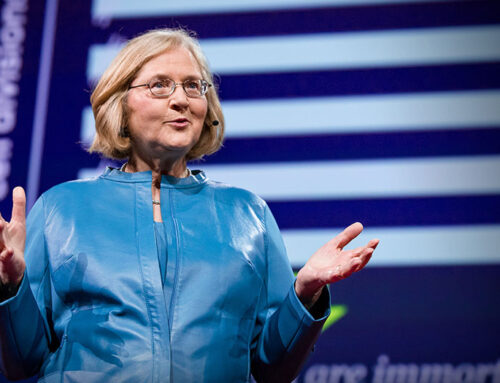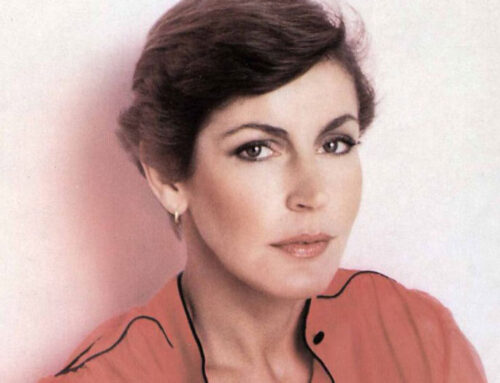Born in Melbourne, Armstrong attended Swinburne Technical College with the intention of becoming a theatre costume designer, but became increasingly interested in film.
In 1972 Armstrong won a scholarship to join the first 12 students at Australia’s first and only film school, the Australian Film and Television School.
Armstrong’s first feature-length film My Brilliant Career (1979), an adaptation of Miles Franklin’s novel of the same name, was the first Australian feature-length film to be directed by a woman for 46 years. Armstrong received six awards at the 1979 Australian Film Awards including Best Director, bringing considerable attention to its two main stars, Judy Davis and Sam Neill who were relatively unknown at the time.
She went on to direct documentaries and feature films including Mrs Soffel, Little Women, Oscar and Lucinda, Charlotte Gray including an acclaimed series of documentaries tracing the lives of three working-class girls from 1975 to 1988.




